Novel ingredients, genetically edited grains and artificial intelligence could play an integral role in the future of the baking industry, according to British Bakels.
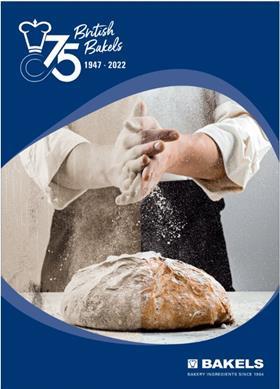
To celebrate its 75th anniversary, the Bicester-headquartered business has teamed up with food futurologist Lyndon Gee to see what the next 75 years could have in store for the industry.
“We are thrilled to be celebrating 75 years of success,” said British Bakels chairman Paul Morrow. “It’s hard to believe that food rationing and the ‘National Loaf’ were in place when we first set up British Bakels in 1947. Since then, there’s been a revolution in both technology and ingredients and today’s consumers enjoy a vast array of different breads and baked goods.”
Here, we look at the bakery trends that could take hold in the future:

New ways to shop
Vending machines could get bigger and better in the future, according to the Bakels report, going so far as make bespoke loaves for people which are ready to be picked up or delivered via drone. Going one step further, the land-based solar-powered drone could even act as the oven meaning the bread can be delivered fresh from the oven straight to consumers’ doors.
For those shoppers looking for the human touch, Bakels predicts that craft bakeries will become omnichannel. “With strong ethics and local community involvement, they will thrive,” the report states. “Hyperlocal delivery apps will enable local bakeries to service their community far more efficiently.”

Novel ingredients
Algae and seaweed are at the forefront of the novel ingredients set to become everyday foods. These ingredients have ‘huge potential growth’ owing to their versatility and health qualities as well as their adaptability and potential function in food manufacturing, the report noted.
Mushrooms are also expected to make their mark as the ‘shroom boom’ gets underway. Not just any mushrooms though – psychoactive ones, for example, are already being embraced in mental health while others might be used to create edible frameworks for flavour or even as edible packaging.
Insects, on the other hand, are likely to remain a novel food for decades, the report states. “They will expand their place in animal feed but are unlikely to become popular for consumers.”

Sustainability
As British Baker explored in our Top Bakery Trends 2022, sustainability is a trend that’s here to stay.
Climate change will greatly impact food production, notes the report, meaning staples such as grains may need to be gene edited to survive on very little water. Gene editing may also extend growing seasons, give higher crop yields, and make them less susceptible to drought or flooding. This, it states, is “good news for wheat, to help stabilise prices and supply and give varieties to suit specific specifications or gluten-free coeliac friendly grains”.
Sharing apps such as Too Good To Go or Olio will also expand as “wasting food is perceived as highly unethical and regulation may make it illegal in food production and retail”.
Morrow added that sustainability will also remain at the “forefront of everything we do” at Bakels over the next decade. “Responsible sourcing, reducing food waste, health and plant-based solutions form integral parts of our strategy for the future, aligning with increasing customer expectation. This dynamic ethos is very entrepreneurial in that we are constantly finding new ways to support our customers,” he said.
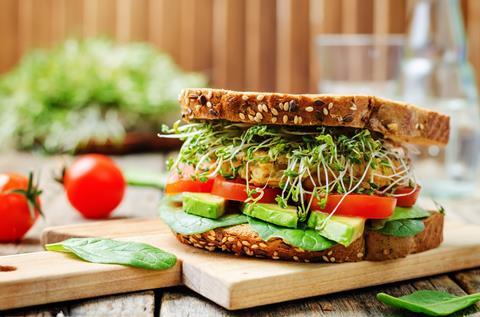
Health
Health will become an even bigger driver for consumer choices in the future with natural fortification a key component of this, Gee highlights in the report.
“The medical fraternity are switching on to the importance of nutrition. Think prescription loaves and cakes with personalised, bespoke nutrition,” the report states. This could even be linked to wearable technology which allows practitioners to tweak ingredients remotely as they monitor a patient’s requirements from long-term elder care to achieving peak performance for elite athletes.
Products geared towards different life stages such as children, teenagers, pregnancy, menopause, and aging could also become popular.
Gut health will also stay on the agenda, Gee predicts, as heat-resistant probiotics are developed to add to dough. Psycho-biotics can also be added to improve mood and wellbeing.



















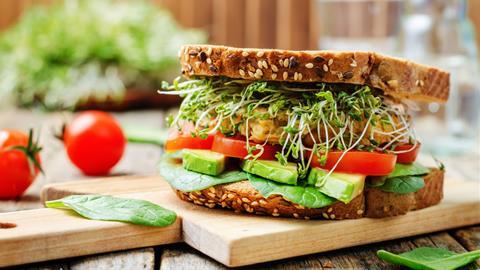
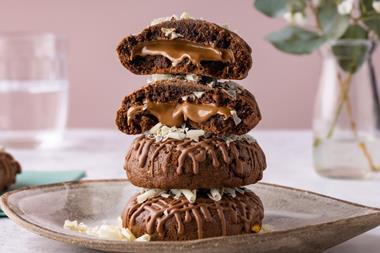



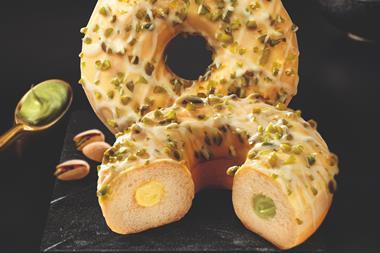


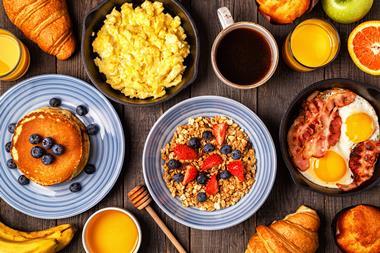


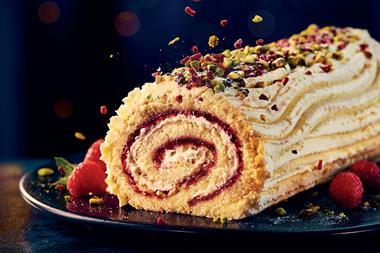
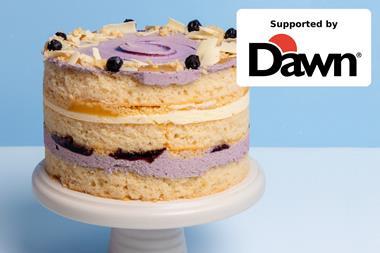

No comments yet